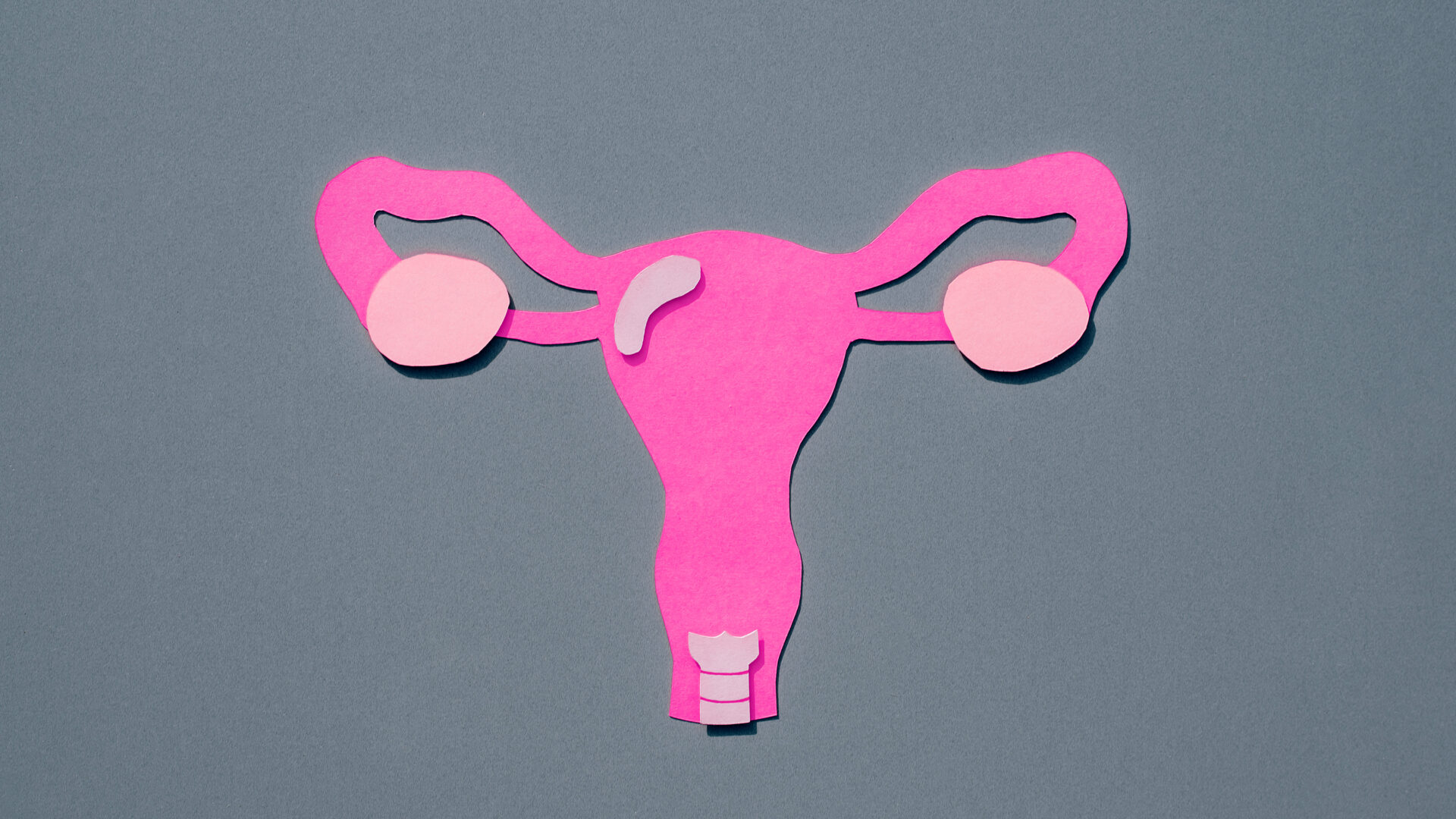
Social media’s pervasive influence has undoubtedly reshaped societal perceptions, including those surrounding vaginal health. While the platform offers an avenue for open discussions, it also serves as a breeding ground for misinformation and misconceptions. One prominent impact is the amplification of unrealistic beauty standards, which extend to genitalia.
We’ve all heard myths, from the pineapple trend to the aroma surrounding your vagina. “Social media influences the misinformation of vaginal health because “social media self-proclaimed experts” are providing information that may sometimes not be medically correct,” says Dr. Katina Kennedy, Psychiatric and Family Nurse Practitioner. “People follow trends, and it’s not necessarily healthy for you. Wrong information on social media can profoundly affect one’s health.”
With social media blurring the lines of what’s healthy and safe, individuals may develop insecurities or feel pressured to conform to these unattainable standards, undermining their understanding of vaginal health. “It can be medically hazardous to one’s health. Women can alter their vaginal pH by using inaccurate information obtained,” Kennedy tells GU. “Additionally, persons may not go to see their healthcare provider for a vaginal issue and try “natural” remedies, and it could be something more serious causing complications such as infertility or even sepsis if the infection spreads to the bloodstream.”
Read ‘How To Prep For Uncuffing Season According To Devyn Simone’
While various products and remedies are advertised, you must receive medical advice before committing to a routine for the most sensitive part of your body. The era of lifestyle content and the hygiene Olympics have molded many Zillennials and even Gen Alpha’s minds on how to maintain vaginal health without consulting with a doctor. What many don’t discuss is how other lifestyle factors like sex can also affect your genitalia. “If you have frequent sex and your partner is ejaculating inside of the vagina every time, semen can alter the vaginal pH because it’s alkaline and the vagina is acidic,” Kennedy says. “Embark on sexual exploration and have your partner ejaculate in your mouth, or a nice semen facial may be good for the skin.”
As Zillennials get older, it’s important to ditch social media posts, research yourself, and consult with medical professionals to learn what works for your body and overall physical wellness. Social media’s algorithm-driven content distribution prioritizes sensationalized content over accurate information. Posts that capitalize on shock value tend to garner more attention and engagement, perpetuating misconceptions about vaginal health. Even in everyday activity, we ignore how specific products and clothing items can impact vaginal wellness.
“The rule of thumb is if it smells good, it’s not good for the vagina as it can alter the vaginal pH,” she says. “Wearing panties that are not cotton, such as satin, lace, and thongs, can hold moisture and heat and can alter the vaginal pH.”
Misleading headlines and clickbait blog posts often exaggerate minor issues or misconstrue scientific findings, leading to widespread misinformation. As a result, the next generation can form unfounded fears or misconceptions about common vaginal health issues, hindering their ability to make informed decisions about their well-being.
This comparative mindset extends to perceptions of genitalia, with individuals scrutinizing themselves against unrealistic standards perpetuated by influencers and celebrities. With better information from medical professionals, individuals can avoid an unhealthy relationship with their bodies, leading to a disconnect from their own vaginal health needs. Overall, social media’s influence on misconceptions of vaginal health undermines the importance of promoting accurate, evidence-based information and fostering open, honest discussions to counteract the spread of misinformation.
About the Author: Kenyatta Victoria is the lead writer for Essence GU, working on all things pop culture, politics, entertainment and business. Throughout her time at GU, she’s garnered devoted readers and specializes in the Zillennial point of view.